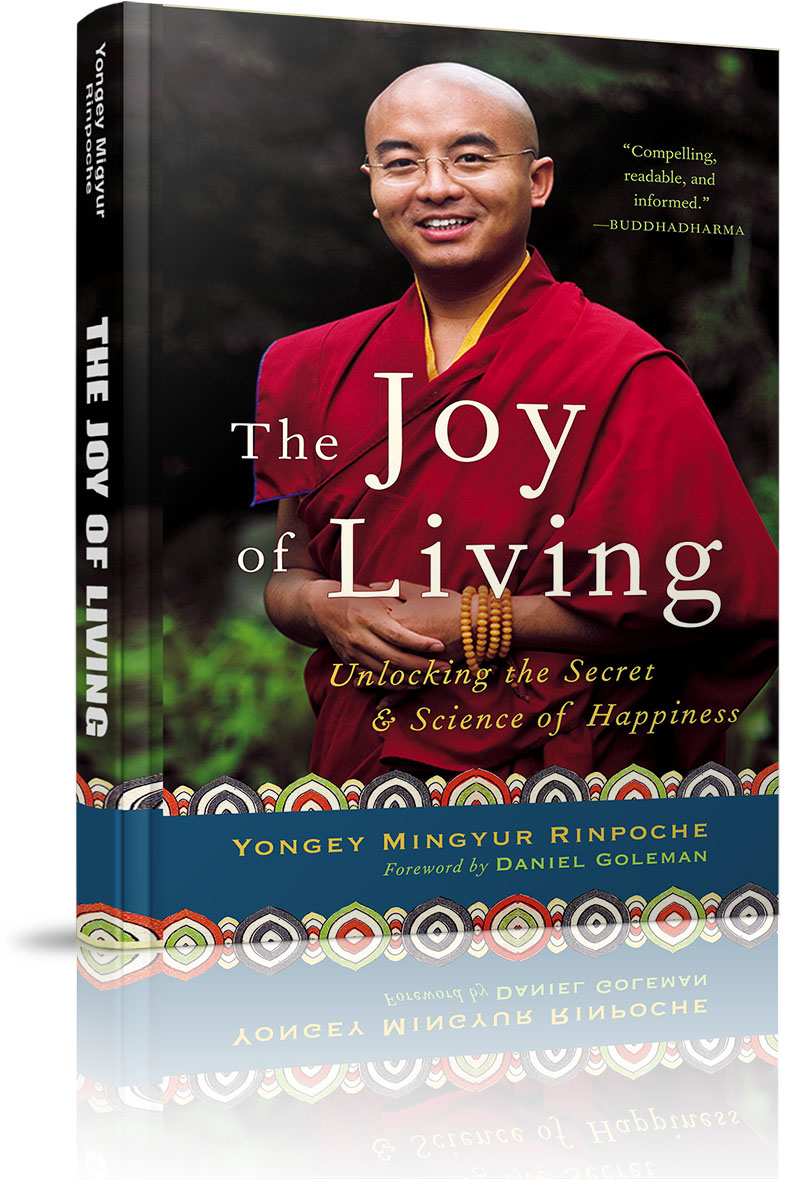Con người chỉ mất ba năm để biết nói nhưng phải mất sáu mươi năm hoặc nhiều hơn để biết im lặng.Rộng Mở Tâm Hồn
Điều quan trọng không phải là bạn nhìn vào những gì, mà là bạn thấy được những gì. (It's not what you look at that matters, it's what you see.)Henry David Thoreau
Hãy làm một người biết chăm sóc tốt hạt giống yêu thương trong tâm hồn mình, và những hoa trái của lòng yêu thương sẽ mang lại cho bạn vô vàn niềm vui và hạnh phúc.Tủ sách Rộng Mở Tâm Hồn
Chỉ có hai thời điểm mà ta không bị ràng buộc bởi bất cứ điều gì. Đó là lúc ta sinh ra đời và lúc ta nhắm mắt xuôi tay.Tủ sách Rộng Mở Tâm Hồn
Chúng ta trở nên thông thái không phải vì nhớ lại quá khứ, mà vì có trách nhiệm đối với tương lai. (We are made wise not by the recollection of our past, but by the responsibility for our future.)George Bernard Shaw
Thành công không phải là chìa khóa của hạnh phúc. Hạnh phúc là chìa khóa của thành công. Nếu bạn yêu thích công việc đang làm, bạn sẽ thành công. (Success is not the key to happiness. Happiness is the key to success. If you love what you are doing, you will be successful.)Albert Schweitzer
Sự hiểu biết là chưa đủ, chúng ta cần phải biết ứng dụng. Sự nhiệt tình là chưa đủ, chúng ta cần phải bắt tay vào việc. (Knowing is not enough; we must apply. Willing is not enough; we must do.)Johann Wolfgang von Goethe
Thêm một chút kiên trì và một chút nỗ lực thì sự thất bại vô vọng cũng có thể trở thành thành công rực rỡ. (A little more persistence, a little more effort, and what seemed hopeless failure may turn to glorious success. )Elbert Hubbard
Bạn có biết là những người thành đạt hơn bạn vẫn đang cố gắng nhiều hơn cả bạn?Sưu tầm
Cỏ làm hại ruộng vườn, si làm hại người đời. Bố thí người ly si, do vậy được quả lớn.Kinh Pháp Cú (Kệ số 358)
Hào phóng đúng nghĩa với tương lai chính là cống hiến tất cả cho hiện tại. (Real generosity toward the future lies in giving all to the present.)Albert Camus
Trang chủ »» Danh mục »» SÁCH ANH NGỮ HOẶC SONG NGỮ ANH-VIỆT »» The Joy of Living »» none »»
 Xem Mục lục
Xem Mục lục 

DO NXB LIÊN PHẬT HỘI PHÁT HÀNH
Mua sách qua Amazon sẽ được gửi đến tận nhà - trên toàn nước Mỹ, Canada, Âu châu và Úc châu.
Quý vị đang truy cập từ IP 216.73.216.110 và chưa ghi danh hoặc đăng nhập trên máy tính này. Nếu là thành viên, quý vị chỉ cần đăng nhập một lần duy nhất trên thiết bị truy cập, bằng email và mật khẩu đã chọn.
Chúng tôi khuyến khích việc ghi danh thành viên ,để thuận tiện trong việc chia sẻ thông tin, chia sẻ kinh nghiệm sống giữa các thành viên, đồng thời quý vị cũng sẽ nhận được sự hỗ trợ kỹ thuật từ Ban Quản Trị trong quá trình sử dụng website này.
Việc ghi danh là hoàn toàn miễn phí và tự nguyện.
Ghi danh hoặc đăng nhập